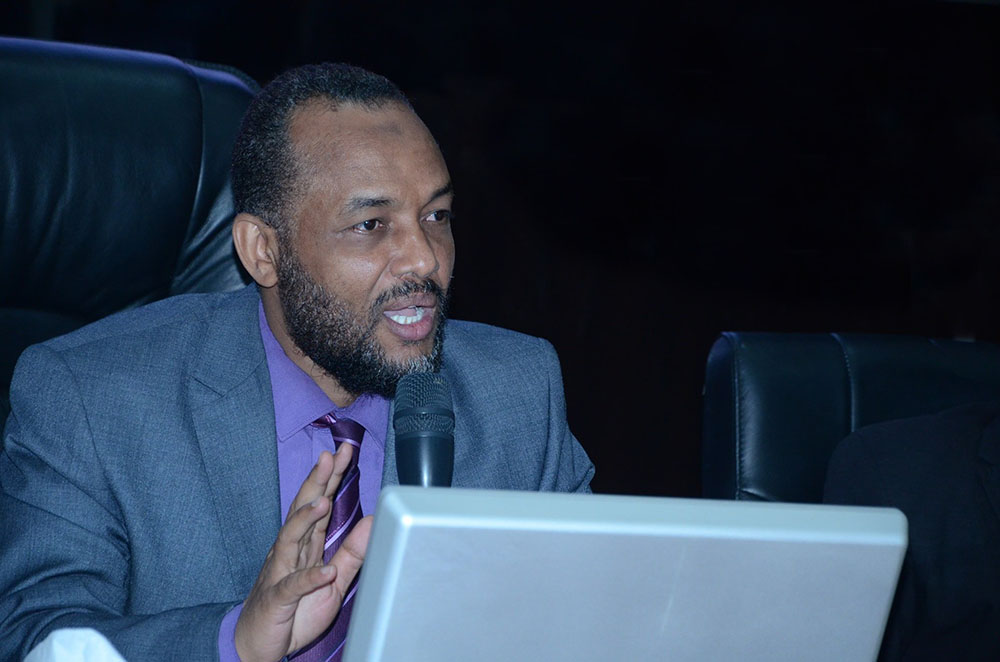
Sudan: The Reality Contradicts the Chief Health Official
moatinoon
The Acting Federal Minister of Health, Haitham Mohamed Ibrahim, told Al Arabiya Saudi Arabia mid this month that the upcoming period requires a clear vision for how healthcare services should be provided, based on the priorities needed for diagnostic and therapeutic services in the country.
The words of the Acting Federal Health Minister indicate that his vision comes from an acceptable healthcare reality that can be built upon in terms of infrastructure and the presence of a national healthcare system. It only requires administrative intervention to provide treatment services as the Acting Minister sees as a priority.
However, reports and the actual situation tell a different story, going beyond to state the harsh truth and the dire state of a collapsed healthcare reality, especially after the Khartoum war between the Sudanese army and the Rapid Support Forces since last April.
The national healthcare system now relies on medical relief from countries and international and regional organizations by more than 70%, according to reports from the World Health Organization. This is now exposed by the suspension of all medical institutions in Khartoum, the latest being the Al-Noor Hospital in Omdurman.
Health institutions in the western states of Darfur are suffering a miserable reality after most of them went out of service due to the conflict and their use as military barracks, the latest being in the devastated city of Zalingi this week, and before that, Geneina and Nyala. Meanwhile, El-Fasher is witnessing a large displacement affecting the limited services provided by government healthcare institutions.
As for the remaining states that have not experienced conflict, they are facing tremendous pressure, with some hospitals receiving patients at five times their capacity, according to medical sources in Shendi, Atbara, and Kassala.
Not far are the cases of deaths that have occurred to a large number of patients with kidney failure, cancer, and diabetes in these states due to the acute shortage of life-saving drugs and the weakness of the services provided.
The city of Kassala in eastern Sudan is facing a dengue fever epidemic, amid a complete absence of local health authorities, rising drug prices, and the spread of the crisis drug trade to save lives.
Government efforts by the Kassala municipality and the Ministry of Health, as usual, fall short of expectations but are expected. As if these local federal authorities insist on confirming their failure during every pandemic, where not a single house in Kassala is free from a patient suffering from dengue fever, according to local sources. Hospitals, health centers, and private clinics receive new patients around the clock, and the availability of Panadol (a common pain reliever) is gradually diminishing from pharmacy shelves. As has become customary, crisis traders and the black market resurface, attempting to profit from peoples suffering and pain. The respectable state government and its revered governor oversee a futile campaign that neither advances nor delays.

